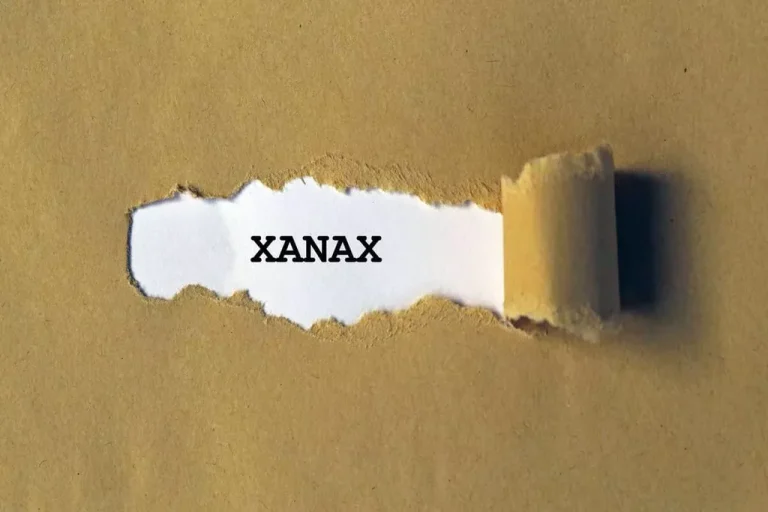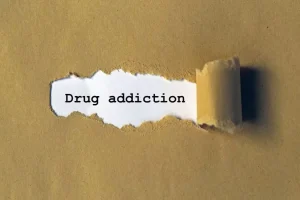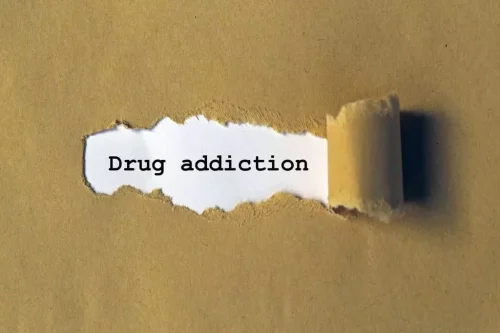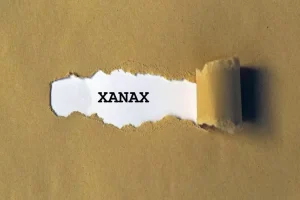
Minor symptoms of alcohol withdrawal can start as soon as six hours after the last drink of alcohol. Slowly decreasing the amount you drink over time can spare your body from withdrawal symptoms. This is because drinking heavily over a long period can cause your body to become physically dependent on alcohol.
Long-Term Alcohol Use and Weaning

Alcohol proof is the amount of alcohol found in distilled spirits or liquor. Smaller drinks with a higher percentage of alcohol are stronger than the same size drink containing a lower-proof liquor. Find an accountability partner or someone you can call to keep you on track when you want to drink. Build a network of people you can go to when you need help, join a support group or see a therapist.

Loop in a Therapist or Addiction Specialist
- Stress is a common trigger that makes it hard to modify your alcohol intake.
- Aside from unavoidable triggers, tapering off alcohol can also have side effects which can be difficult to manage at home.
- This can help your body adjust, and it can be easier to manage than quitting cold turkey.
- Tapering is a more cost-effective method of stopping alcohol use, especially for those who do not have healthcare insurance or the resources needed to get a professional detox.
- Withdrawal usually begins 6 to 8 hours after the last drink and peaks within 72 hours.
Seeking help as early as possible during the withdrawal process is the best way to stay safe as you cleanse your body of alcohol. It can be tempting to just “rip off the Band-Aid” when getting sober, but tapering off alcohol is often much safer—and much less stressful. Rather than quitting drinking abruptly (or “cold turkey”), many professionals recommend gradually reducing your drinking (or tapering) over time. This can give your body the chance to adjust, helping you avoid the worst of withdrawal symptoms. An alcohol taper can be effective in beginning recovery and help set a realistic goal for those not ready to quit alcohol completely, but they’re not for everyone. Someone who has been drinking heavily for a long period may struggle with cravings and alcohol withdrawal symptoms, leading to relapse.
How To Taper off Alcohol Safely and Effectively
- Understanding and preparing for these difficulties can greatly enhance the chances of successful recovery.
- If you find it is difficult to prevent yourself from drinking too much and getting drunk, locking your alcohol up in a cabinet and giving your friend or family member the key can help.
- Tolerance, dependence, social habits, setting, the biology of the individual and more must all be considered.
If you have a severe level of addiction or dependency, you may need a detox program. Your insurance plan may cover some or all of the cost of medical detox for drugs and alcohol. Our online health insurance verification system will estimate your in-network and tapering down alcohol out-of-network deductibles, coinsurance percentages and out-of-pocket maximums.
Unveiling Simply Explained Cognitive Therapy Techniques
- BetterHelp can connect you to an addiction and mental health counselor.
- Essentially, when an individual drinks, the brain amplifies certain activities to counterbalance the depressive effect alcohol has on it.
- Replacing alcoholic beverages with non-alcohol drinks is a great method of helping during a taper.
- If alcohol withdrawal is so dangerous, is tapering off alcohol necessary for everyone who drinks?
- Antidepressant medications are not meant to be used for treatment of Alcohol Use Disorder unless there is evidence of a co-occurring disorder for which an antidepressant is an indicated treatment.
- Some people find that their anxiety or mood swings will improve as they cut back.
It is sometimes possible to taper your alcohol use at home if your AUD isn’t severe. Although, you’ll need support if you want to successfully and safely taper at home. This may work for many people, but in practice each individual will respond best to a different pace, and each doctor will have their own recommendations. The risk of tapering too slowly is that you won’t stick with it, while the risk of tapering too fast is severe withdrawal. If you experience dangerous signs such as high blood pressure, racing heart, or arrhythmias, slow your taper and seek assistance. Also, your insurance should cover addiction treatment services, so look for therapists and/or rehabs in your network to help reduce the costs.


